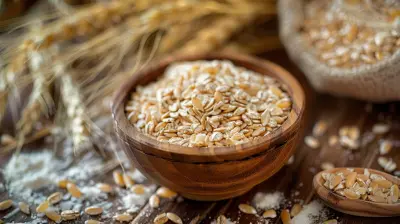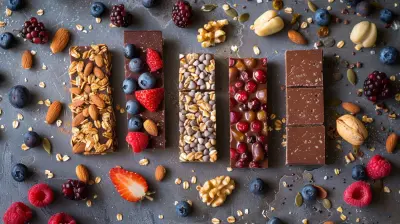Common Myths About Bone Health, Debunked
1 April 2025
Bone health is something many of us take for granted—until a problem arises. There’s a lot of misinformation out there, and sadly, some of these myths could be putting your bones at risk. Let’s set the record straight on some of the most common misconceptions about bone health. 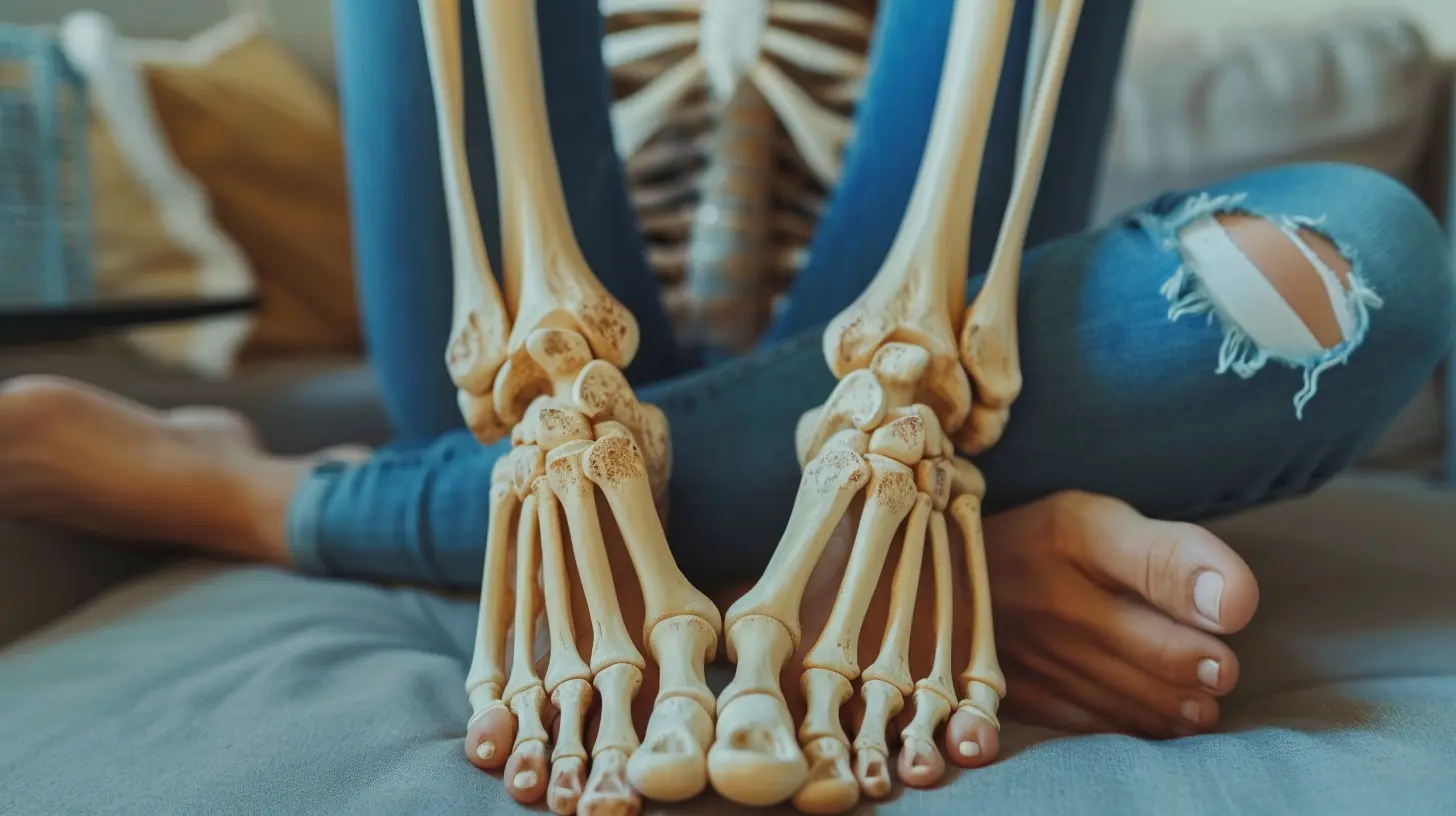
Myth #1: Only Older Adults Need to Worry About Bone Health
The Truth: Bone Health Starts at a Young Age
Many people think osteoporosis and weak bones are only concerns for the elderly. While it's true that bone loss accelerates as you age, your bone health is determined by choices you make early in life.Bones reach their peak density around the age of 30. If you haven’t built strong bones by then, you’re already starting at a disadvantage. Think of it like a savings account—the more you invest in your bones early on, the better off they’ll be later in life.
So, even if you’re young, it’s crucial to get enough calcium, engage in weight-bearing exercise, and avoid habits like smoking or excessive alcohol consumption that can weaken bones. 
Myth #2: Drinking Milk Guarantees Strong Bones
The Truth: Calcium Is Just One Piece of the Puzzle
Milk and dairy products do provide calcium, which is essential for bone health. But relying solely on dairy for strong bones is like trying to build a house with just bricks and no mortar.Your bones also need other nutrients like vitamin D (to help absorb calcium), magnesium, and vitamin K. Plus, weight-bearing exercises like walking, running, and strength training play a huge role in keeping bones strong.
If you don’t consume dairy, don’t stress! You can get calcium from leafy greens, almonds, tofu, and fortified plant-based milks. The key is a well-rounded diet with a variety of bone-supporting nutrients. 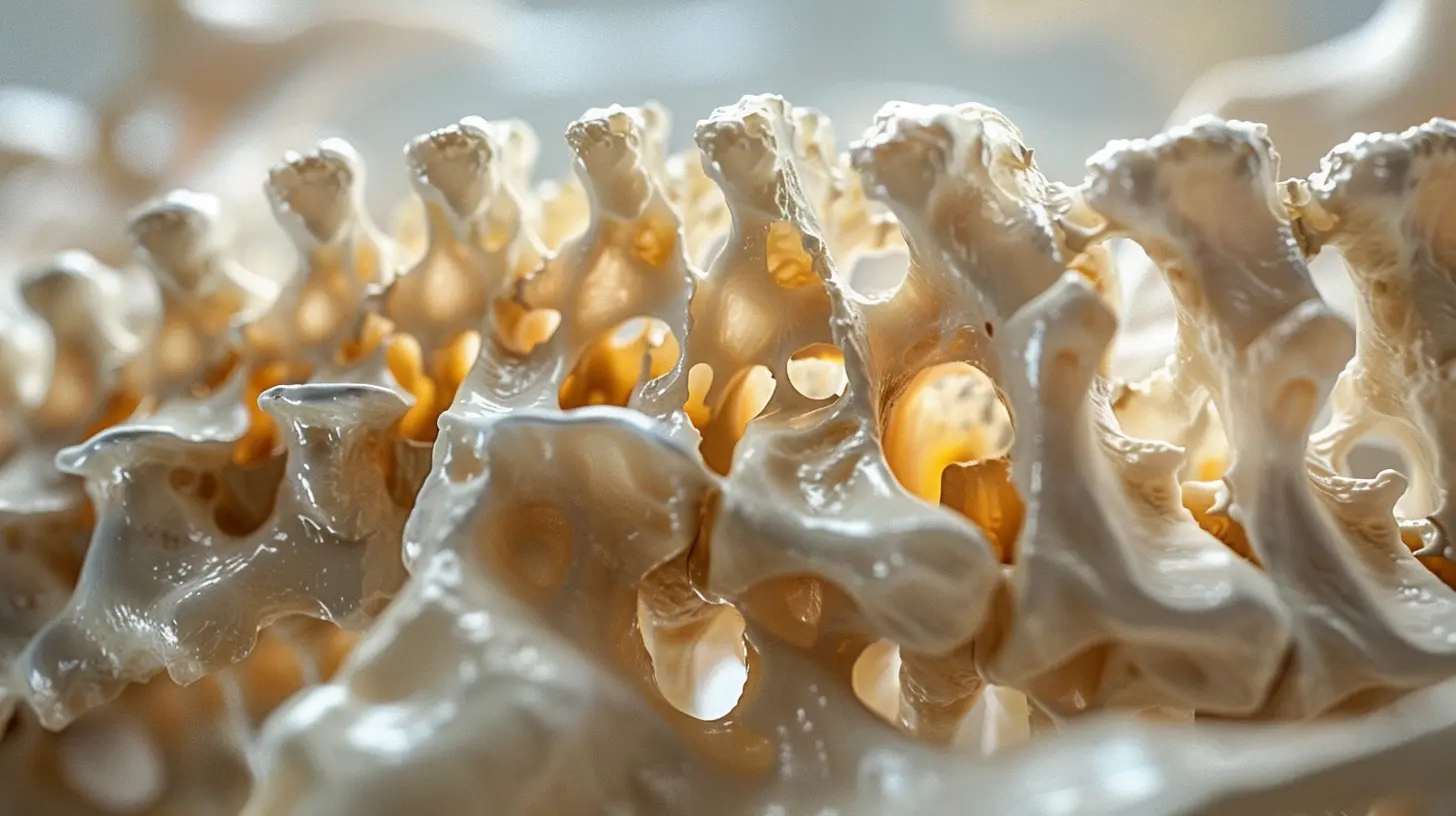
Myth #3: If You Don't Feel Pain, Your Bones Must Be Fine
The Truth: Bone Issues Often Develop Silently
Unlike a muscle strain or a sprained ankle, you won’t always feel it when your bones start weakening. Osteoporosis is often called a “silent disease” because it progresses without symptoms until a fracture occurs.That's why regular check-ups and bone density tests (especially for women over 50 and men over 70) are so important. Don’t wait until you break a bone to start caring about your bone health—prevention is much easier than treatment. 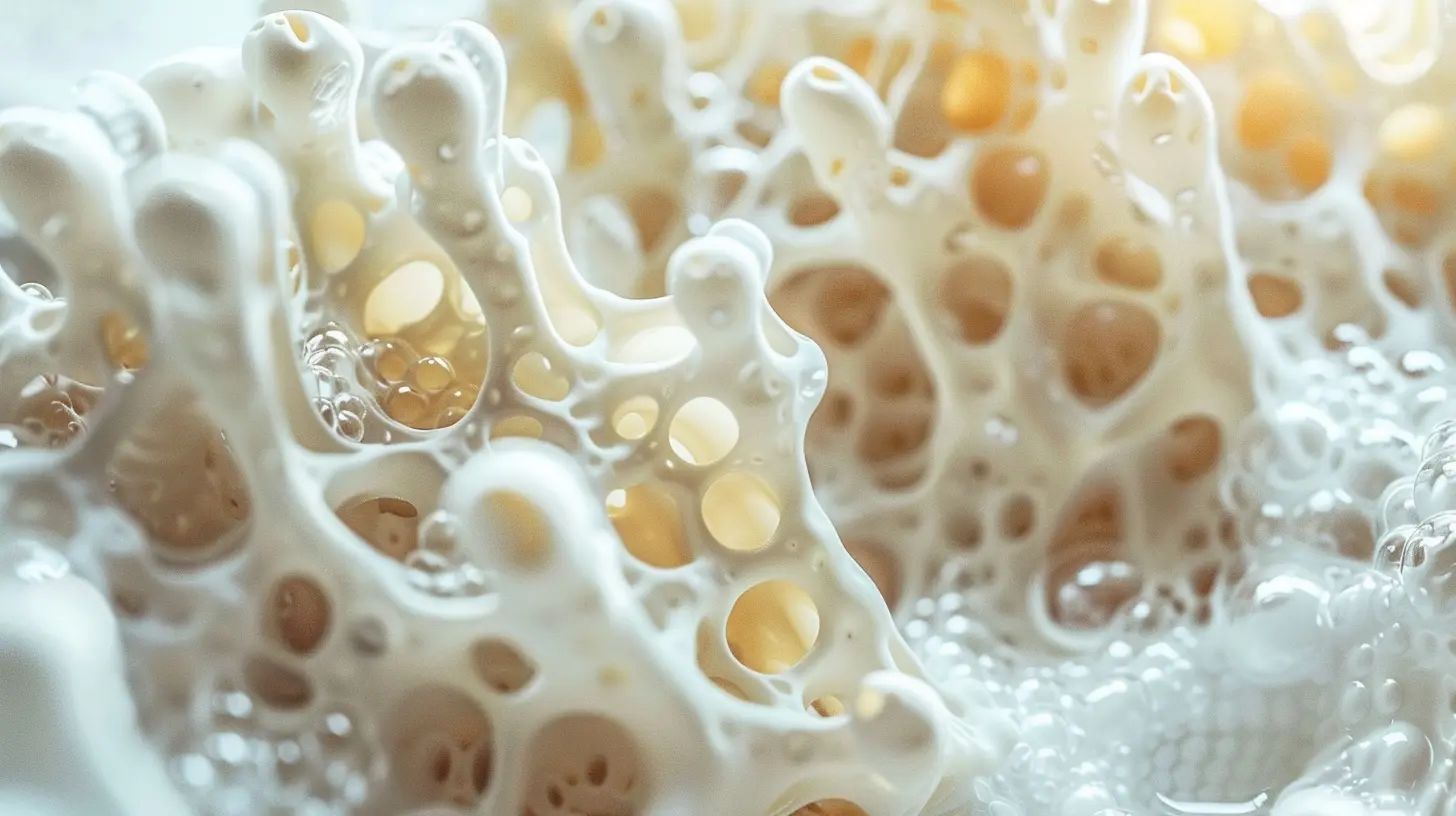
Myth #4: Osteoporosis Only Affects Women
The Truth: Men Can Also Have Weak Bones
While it's true that women are at higher risk—mainly due to menopause causing a drop in estrogen, which helps maintain bone density—men are not immune.Men lose bone mass more gradually, but by the time they reach their 70s, their risk of osteoporosis is nearly the same as women’s. Poor diet, lack of exercise, smoking, and excessive alcohol use can all contribute to bone loss in men as well.
Bottom line? Bone health is a human issue, not just a women’s issue. Both men and women should take steps to protect their bones from an early age.
Myth #5: Breaking a Bone Is Just Bad Luck
The Truth: Bone Strength Plays a Huge Role in Fractures
Sure, accidents happen. But many fractures aren’t just a result of bad luck—they often indicate weakened bones.If you break a bone from a minor fall or bump, it could be a sign of low bone density. In fact, one fracture significantly increases your risk of future fractures. That’s why doctors take repeated fractures seriously and may recommend bone density tests if you've had one.
Ignoring a fracture and hoping for the best? Not a great idea. It’s better to assess your bone health early and take preventive steps rather than waiting for another break.
Myth #6: You Should Avoid Exercise If You Have Osteoporosis
The Truth: The Right Exercises Strengthen Bones
Many people think they should stop exercising if they have osteoporosis for fear of fractures. But in reality, exercise is one of the best ways to protect and strengthen your bones—you just need to focus on the right types.Weight-bearing exercises (like walking, dancing, and hiking) and strength training (like lifting weights or using resistance bands) help maintain bone density and strength. However, high-impact activities or exercises with a high risk of falling should be done cautiously.
If you have osteoporosis, consult with a healthcare provider or physical therapist to create a safe exercise plan that helps, not harms, your bones.
Myth #7: Once Your Bones Weaken, There's Nothing You Can Do
The Truth: It’s Never Too Late to Improve Bone Health
Even if you’ve already lost bone density, you can slow further loss and even strengthen your bones with the right lifestyle changes.- Eat a bone-friendly diet rich in calcium, vitamin D, magnesium, and protein.
- Do weight-bearing and strength-training exercises to maintain bone mass.
- Avoid smoking and limit alcohol, both of which weaken bones.
- Consider medications if recommended by your doctor.
Think of it like maintaining a car—you wouldn’t stop taking care of it just because it got a little worn down, right? Your bones deserve the same attention, no matter your age.
Myth #8: Supplements Are Enough to Keep Your Bones Healthy
The Truth: Supplements Shouldn’t Replace a Healthy Lifestyle
Yes, calcium and vitamin D supplements can help if you're not getting enough from food. But they shouldn't be your only strategy for good bone health.A balanced diet, exercise, and healthy lifestyle choices play much bigger roles. Some studies even suggest that excessive calcium supplementation without proper diet and exercise might increase the risk of heart problems or kidney stones.
So, while supplements can be helpful, they’re not a magic solution. Aim for real, whole foods as your primary source of bone-supporting nutrients.
Myth #9: Short People Have Stronger Bones Than Tall People
The Truth: Height Alone Doesn’t Determine Bone Strength
There’s a common belief that shorter people have denser bones and are less likely to develop osteoporosis. While bone size can play a role in fracture risk, height alone isn’t a reliable indicator of bone strength.Other factors like genetics, diet, exercise, and lifestyle choices have a much bigger impact. So, whether you’re tall or short, everyone should take care of their bones!
Final Thoughts
Your bones are the foundation of your body—literally! And just like any foundation, they require maintenance and care. Don’t fall for these common bone health myths. Instead, focus on the facts: eat well, stay active, and make smart lifestyle choices to keep your bones strong for life.If you’ve been putting off thinking about your bone health, consider this your sign to start today. Your future self will thank you!
all images in this post were generated using AI tools
Category:
Bone HealthAuthor:

Holly Ellison
Discussion
rate this article
5 comments
Shania Tucker
This article wonderfully clears up common misconceptions about bone health! Understanding the facts empowers us to take better care of our bones. Remember, small lifestyle changes can lead to significant improvements. Here's to stronger, healthier bones for everyone!
April 10, 2025 at 3:20 AM

Holly Ellison
Thank you for your thoughtful comment! I'm glad you found the article helpful in clarifying bone health misconceptions. Here's to stronger bones for all!
Angela Duffy
Stop believing myths; prioritize your bone health!
April 7, 2025 at 3:22 PM

Holly Ellison
Thank you for your comment! It's essential to focus on evidence-based information for optimal bone health.
Ariana McKay
Who knew that bones weren’t just calcium-wielding superheroes? Turns out, they don’t actually need a daily dose of milk and motivational speeches! Time to give those old myths a bone! 🦴😂
April 3, 2025 at 2:57 PM

Holly Ellison
Thanks for the laugh! It's true—bone health is more complex than just calcium and milk. Let's keep debunking those myths! 🦴😊
June Stevens
Great article! It’s so important to separate fact from fiction when it comes to bone health. Thanks for sharing!
April 3, 2025 at 3:27 AM

Holly Ellison
Thank you! I'm glad you found it helpful!
Nymira McVicker
This article effectively dispels prevalent misconceptions about bone health, emphasizing the importance of proper nutrition and lifestyle choices for strong bones.
April 1, 2025 at 4:21 PM

Holly Ellison
Thank you! I'm glad you found the article helpful in clarifying these important misconceptions about bone health.


